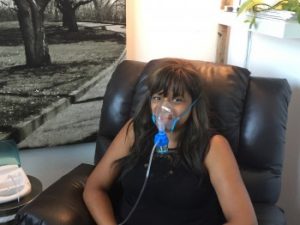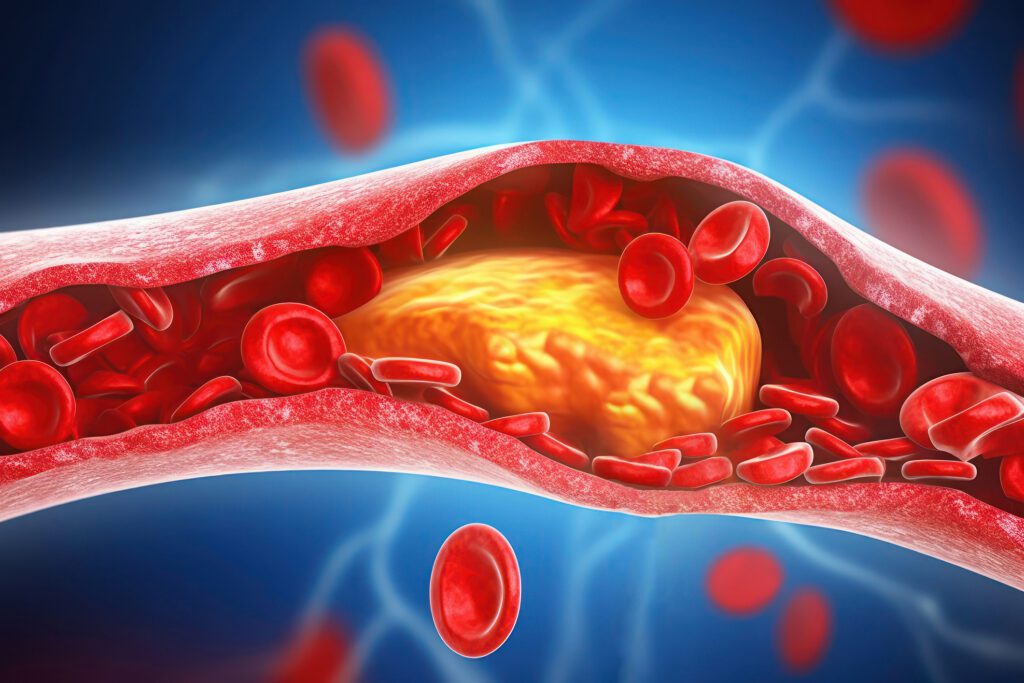 Smoke from BC wildfires has blanketed the Okanagan in the last several days. Many people are suffering from eye and respiratory tract irritation to more serious disorders, including reduced lung function, bronchitis, and exacerbation of asthma. Wildfire smoke is composed primarily of carbon dioxide, water vapour, carbon monoxide, particulate matter, hydrocarbons, nitrogen oxides, benzene, formaldehyde and several thousand other compounds.
Smoke from BC wildfires has blanketed the Okanagan in the last several days. Many people are suffering from eye and respiratory tract irritation to more serious disorders, including reduced lung function, bronchitis, and exacerbation of asthma. Wildfire smoke is composed primarily of carbon dioxide, water vapour, carbon monoxide, particulate matter, hydrocarbons, nitrogen oxides, benzene, formaldehyde and several thousand other compounds.
It is clear that particulate matter from smoke are the primary respiratory irritants, and exposures to high concentrations of particulate matter can cause persistent cough, phlegm, wheezing and difficulty breathing.
In Naturopathic Medicine, Nebulized Glutathione is used to treat patients suffering from smoke exposure in addition to a number of upper and lower respiratory conditions, including:
- Asthma
- Chronic Rhinitis
- COPD
- Emphysema
- Cystic Fibrosis
- Idiopathic pulmonary fibrosis
What is Glutathione and how is it used?
It’s a naturally occurring compound formed by a string of three amino acids (glutamine cysteine, and glycine) made by every single cell in our bodies. Glutathione is considered the most potent anti-oxidant our body produces. Glutathione also acts as an immune system modulator. Nebulized glutathione can rapidly reduce symptoms of smoke exposure and if used regularly, can reverse pulmonary damage.
Because it is an antioxidant it used in a wide variety of treatments. It can be administered in a wide variety of ways as well, but breathing it in via a nebulizer or having intravenous injections are the ideal route. Nebulizing (also known as aerosolizing) a solution of glutathione allows direct administration of the antioxidant to the respiratory tract including the lungs. This improves the therapeutic benefit for those suffering from respiratory tract disorders.
What is Glutathione used for in the body and how does it help?
In respiratory disorders, Nebulized Glutathione has been shown to:
- Improve immune system function by increasing the numbers of white blood cells.
- Function as a mucolytic: It helps to decrease the amount and thickness of the mucous produced in the respiratory tract.
- Improve pulmonary function: by helping to increase total lung capacity (ie the volume of air able to be taken in by the lungs
- Increase oxygen saturation of red blood cells. This increases the amount of oxygen carried to every cell in the body.
- Reduce ear fullness, nasal obstruction and rhinorrhea (chronic runny nose): all symptoms of those suffering from chronic rhinitis.
- Improves antioxidant concentration in the respiratory tract and thus decreases oxidant induced damage to lung tissue.
- Decreases smoke-induced damage to lung tissue, from cigarette and wildfire smoke exposure
What is a treatment like?
The treatment takes between 10 and 15 minutes. During the treatment, patients take in slow deep breaths of a cool mist through a small mask placed over the mouth and nose. The glutathione has a mild sulphurous smell, and the treatment itself is painless. In severe cases 2 – 3 treatment per week for 4 weeks is sufficient to improve pulmonary function. At this point the dosing is decreased to 1 treatment per week for 3-4 weeks. Milder cases typically require fewer treatments per week.
In addition, If you suffer from any kind of lung affliction, consider a high quality air purifier for your home. Air filtration devices are critically important for people with chronic respiratory problems. You can get a good HEPA (high emission particulate) filter in most of the big box stores now. But if you’re looking for the best I recommend IQ Air: http://www.iqair.com/ca/home-air-purifiers
Articles on Nebulized Glutathione:
Prousky, J. The Treatment of Pulmonary Diseases and Respiratory Related Conditions with Inhaled (Nebulized or Aerosolized) Glutathione. 2007. eCam
Bagnato et al. Effect of inhaled glutathione on airway response to “Fog” challenge in asthmatic patients. 1999, Respiration, 66(6):518-521.
Bishop, C et al. A pilot study of the effect of inhaled buffered reduced glutathione on the clinical status of patients with cystic fibrosis. 2005, Chest. 127(1): 308-317.
Lamson, DW and Bringnall MS, The use of nebulized glutathione in the treatment of emphysema: a case report. 2000 Alternative Medicine Review. 5(5):429-31.
Bernoria S et al. Glutathione in Bronchial Hyperresponsiveness. 1996. Journal of Aerosol Medicine 9:2, 207-213.






